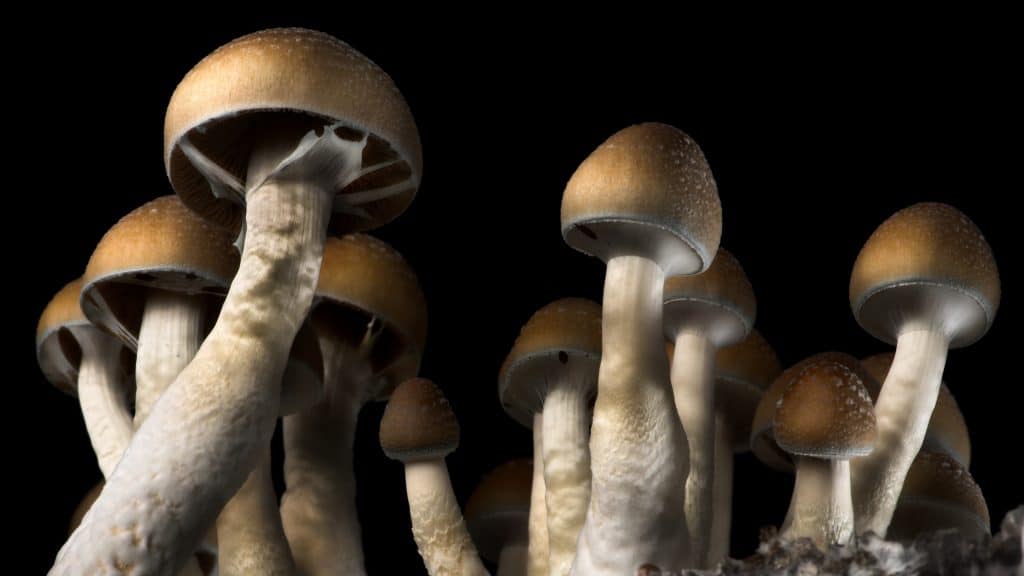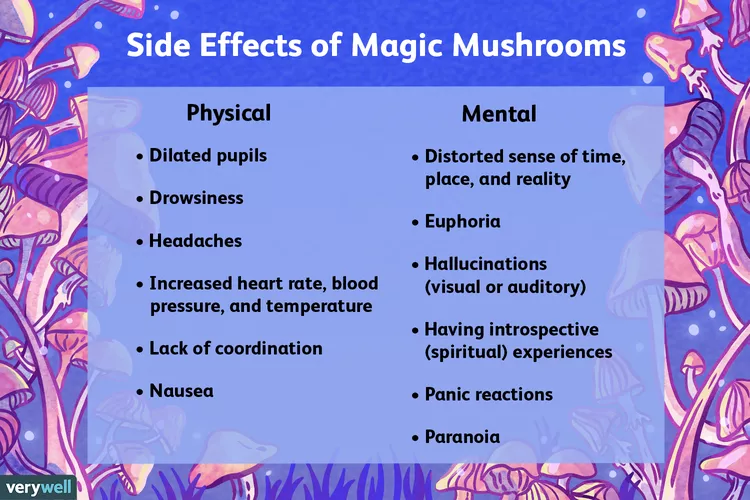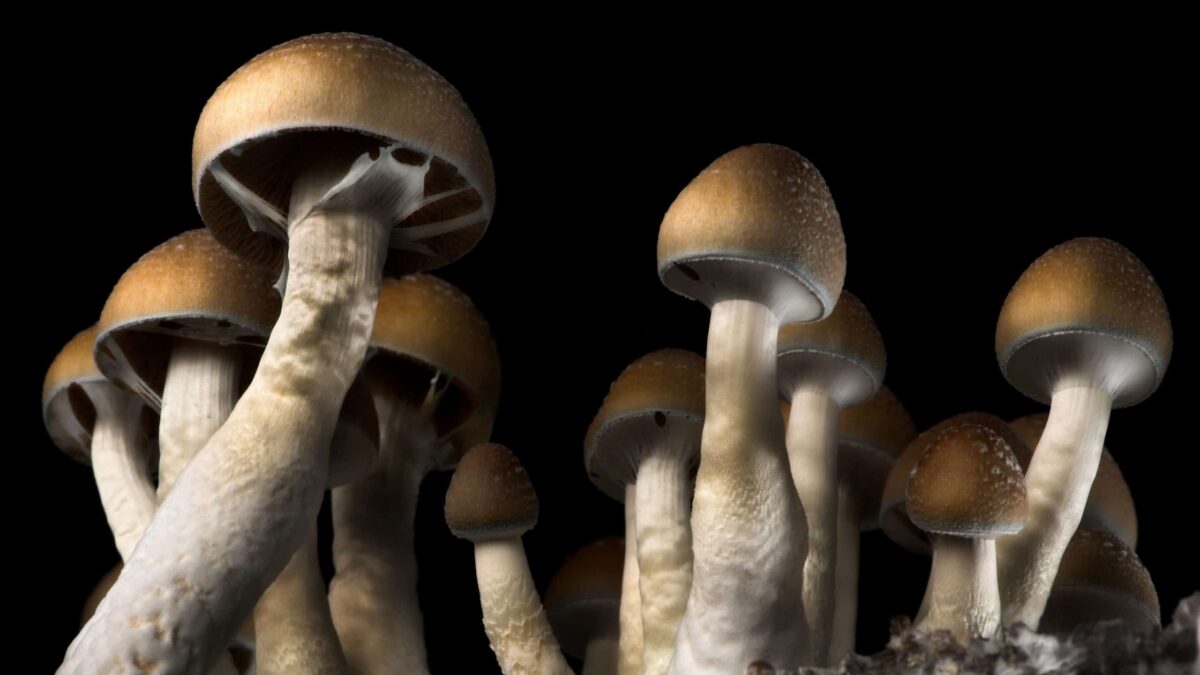
On Nov. 8, 2022 Coloradans took to the polls across the state (or more accurately, they dutifully and carefully bubbled in their mail ballots) to decriminalize so-called “magic mushrooms,” as well as other psychedelic plant and fungi-based drugs.
The ballot initiative makes it legal for Coloradans over the age of 21 to possess and use limited amounts of psilocybin (the active ingredient found in about 200 species of mushroom) and psilocin (another psychedelic substance typically found in concert with psilocybin inside mushrooms).
The successful measure also creates a route forward for the limited, clinical usage of other psychedelics. Notably, the sale of these hallucinogenic substances remains illegal.
In passing Proposition 122, also known as the ‘Natural Medicine Health Act of 2022”, Colorado is now the second state — trailing only Oregon, which had a successful ballot measure of its own in 2020 — to legalize the hallucinogenic mushrooms.
Oregon is now in the process of laying out its regulatory framework, and is accepting applications for psilocybin service centers as of Jan. 2, 2023.
Back in the Centennial State, more than 53 percent of the roughly 2.4 million Coloradans who voted on the measure in November supported its approval.
“Prop. 122 puts the wellbeing of patients and communities first, removing harsh criminal penalties for personal possession and employing a multi-phase implementation process that will allow time to develop an appropriate safety and regulatory structure,” said Josh Kappel, who co-authored the proposition and led the campaign for its passage.
What comes next
Following the initiative’s passage, supervised usage of the psychedelic compounds found in the mushroom, fungi, and plant species — psilocybin and psilocin — will be decriminalized starting in 2024.
But again, the passage of Proposition 122 does not authorize the sale of psilocybin or psilocin.
Instead, the ballot measure allows Coloradans to grow their own mushrooms which produce psilocybin, and lays the groundwork for future usage of the hallucinogens in therapeutic and other healthcare settings to treat patients with mental health issues.
Professional use of the substances is likely a few years down the road.
The legalization effort is a follow-up to Denver’s decriminalization of psilocybin, which happened back in 2019.
Moving forward, Gov. Jared Polis has until the end of January to appoint 15 members to the Natural Medicine Advisory Board, a group which will be responsible for developing regulations, licensing rules, and training programs for healthcare providers.
The Board, which is required by the proposition to include an Indigenous representative — acknowledging the historic ties Native Americans have to these natural hallucinogens, which have long been used for ceremonial, spiritual and healing purposes — will make their regulatory recommendations by the end of September 2023.
State-regulated clinics could begin the use of psilocybin by the latter portion of 2024. Come 2026, state officials could consider beginning similar programs with other natural psychedelics, including DMT and mescaline.
DMT, mescaline and psilocybin remain illegal on the federal level as a Schedule 1 drug, much like marijuana. However, individuals who were arrested for possessing psilocybin can now apply to have their records sealed.
The pros and cons of magic mushrooms
The two hallucinogens produce similar effects to LSD, although magic mushrooms are estimated to be about 100 times less powerful than the human-made LSD.
The main psychological impacts of psilocybin are hallucinations and an altered state of consciousness, which can take the form of visual distortions, an altered sense of time and space, and euphoric and mystical experiences.
Effects typically occur within an hour and last four to six hours — a significantly shorter timeframe than with LSD, which can last up to 12 hours.
Magic mushrooms can be consumed in a variety of ways, including orally — either separately or eaten with food (in fresh or dried forms), or brewed into tea-like beverages.
The hallucinogens can also be smoked, and are sometimes consumed in conjunction with tobacco or marijuana. Powdered psilocybin can also be snorted or injected into the body.
The use of magic mushrooms and other hallucinogens are believed to have a number of therapeutic benefits. Some prospective medicinal uses for magic mushrooms include treating PTSD, tobacco addiction, and alcoholism, managing anxiety, OCD, and depression, and even treating so-called “cluster headaches.”
That said, psilocybin can also have negative side effects, including paranoia, confusion, frightening hallucinations and distressing flashbacks, nausea, and vomiting.


